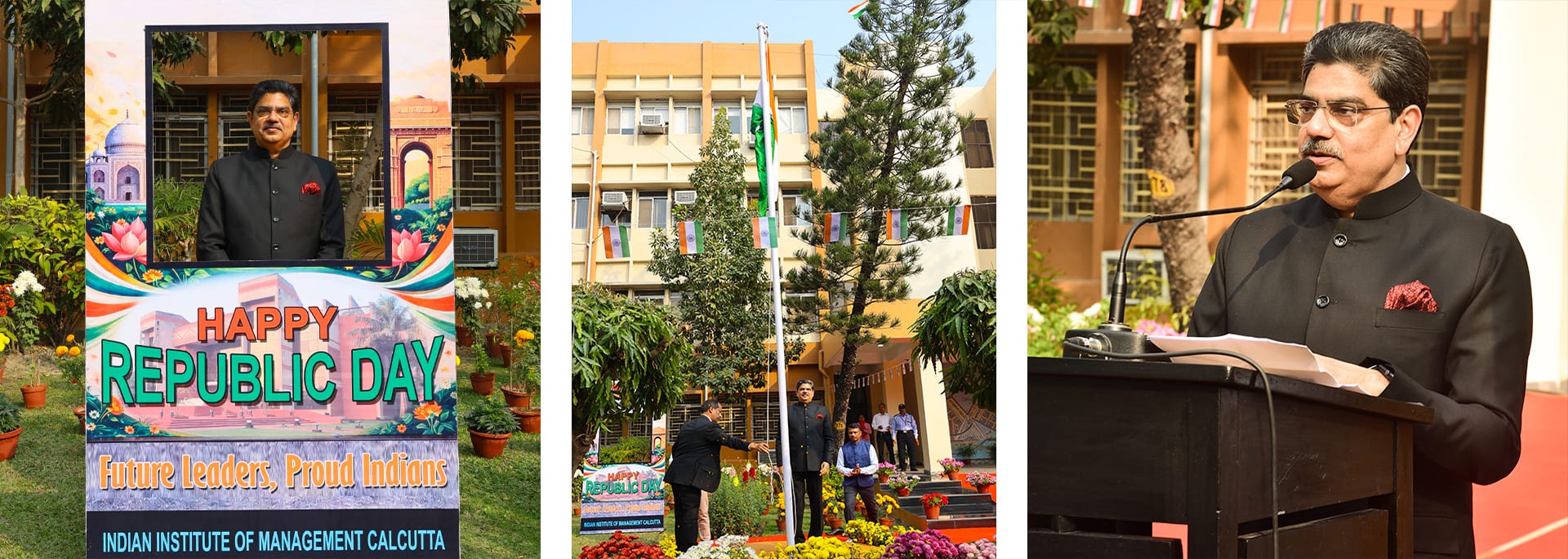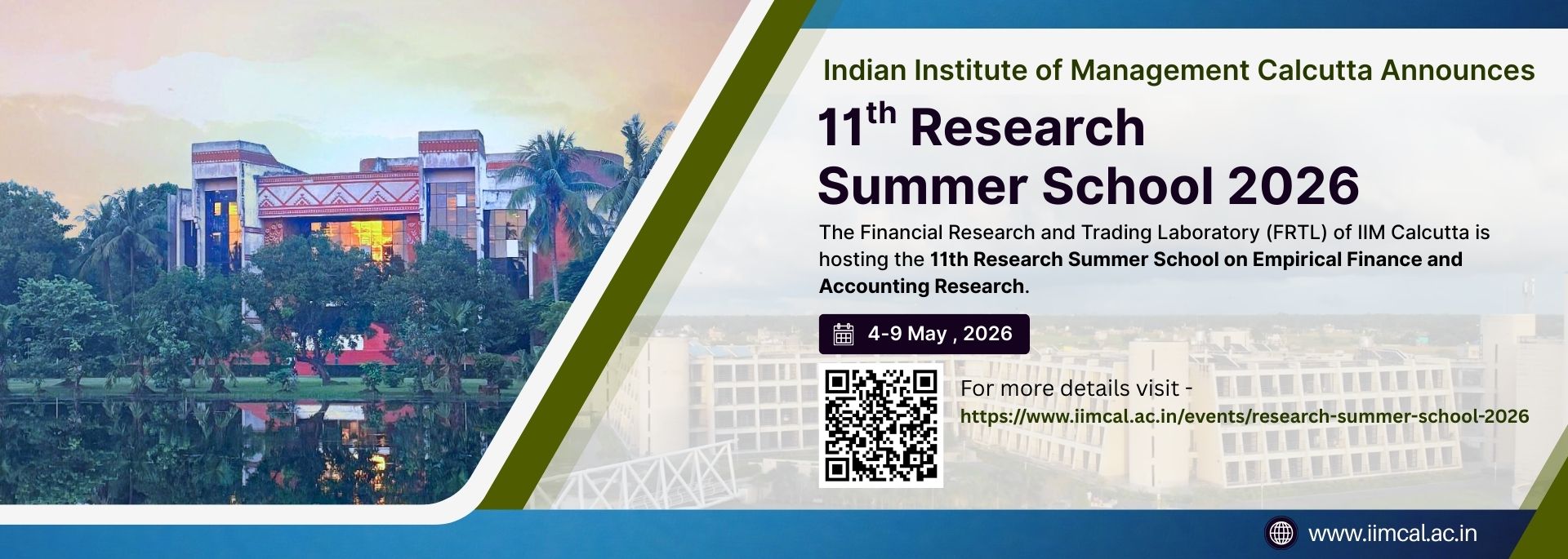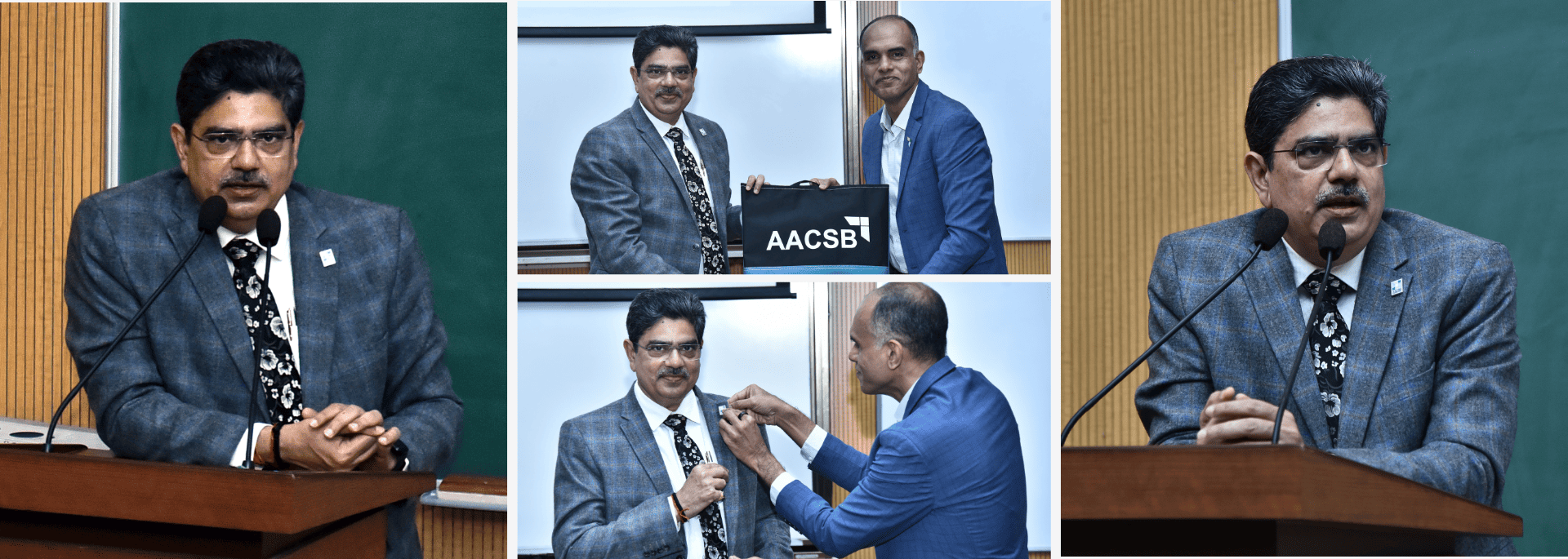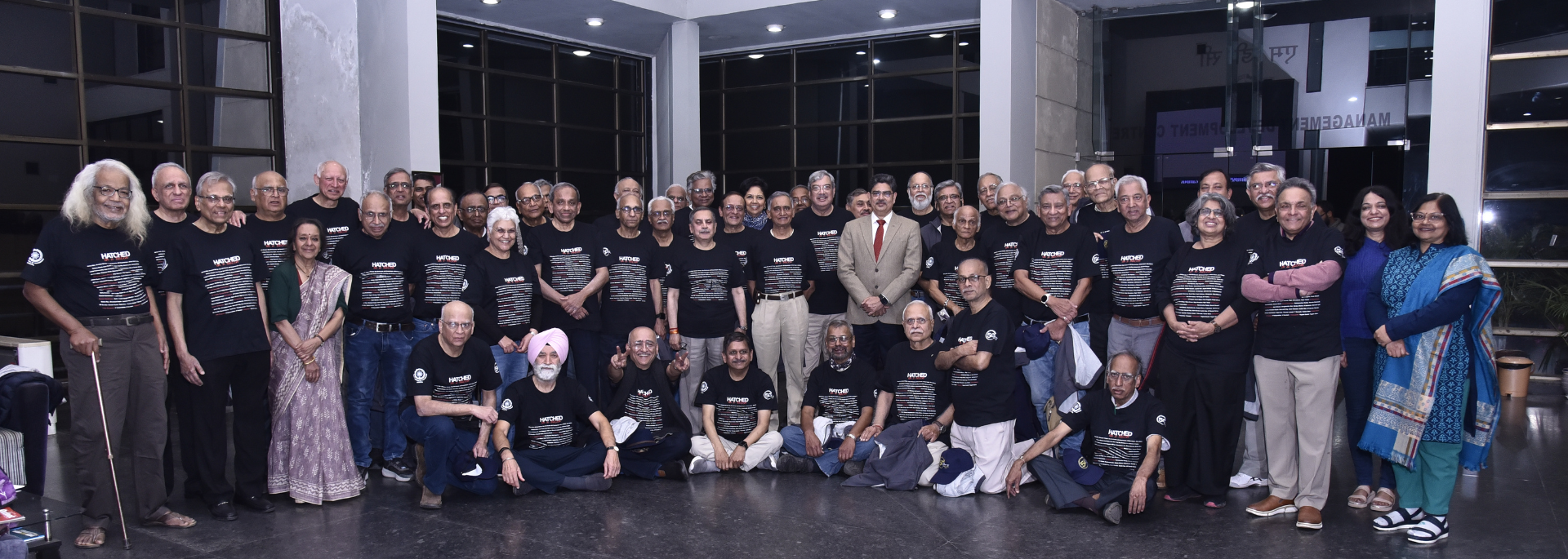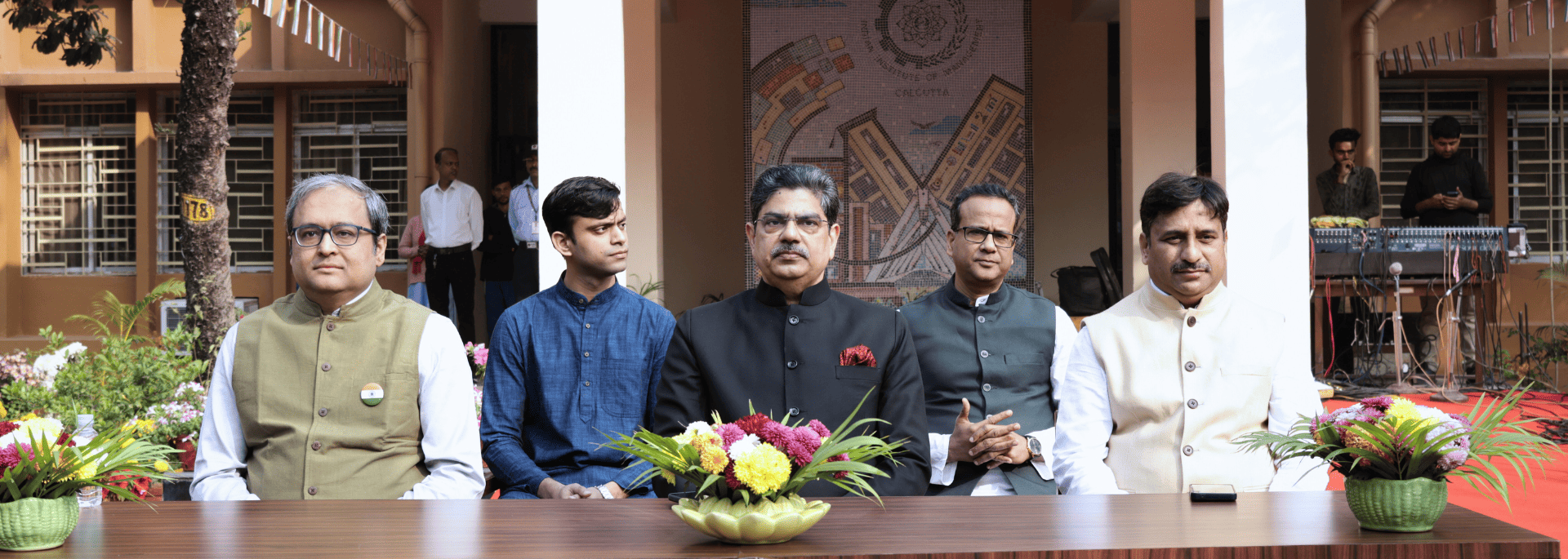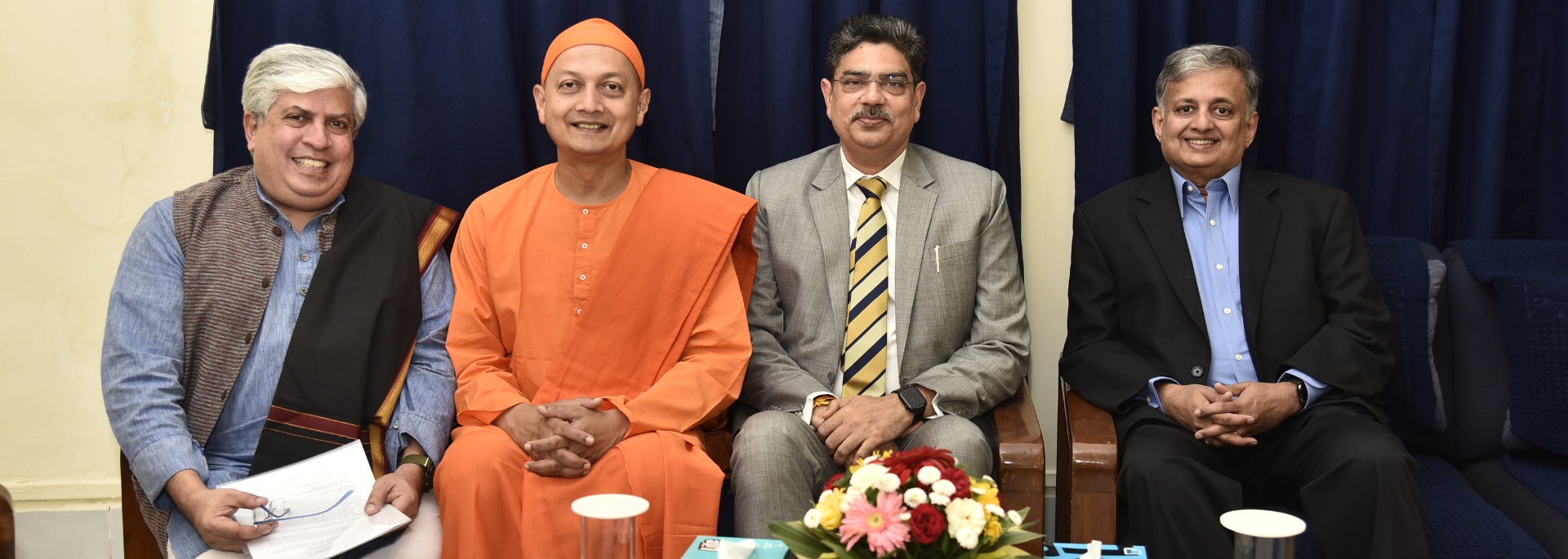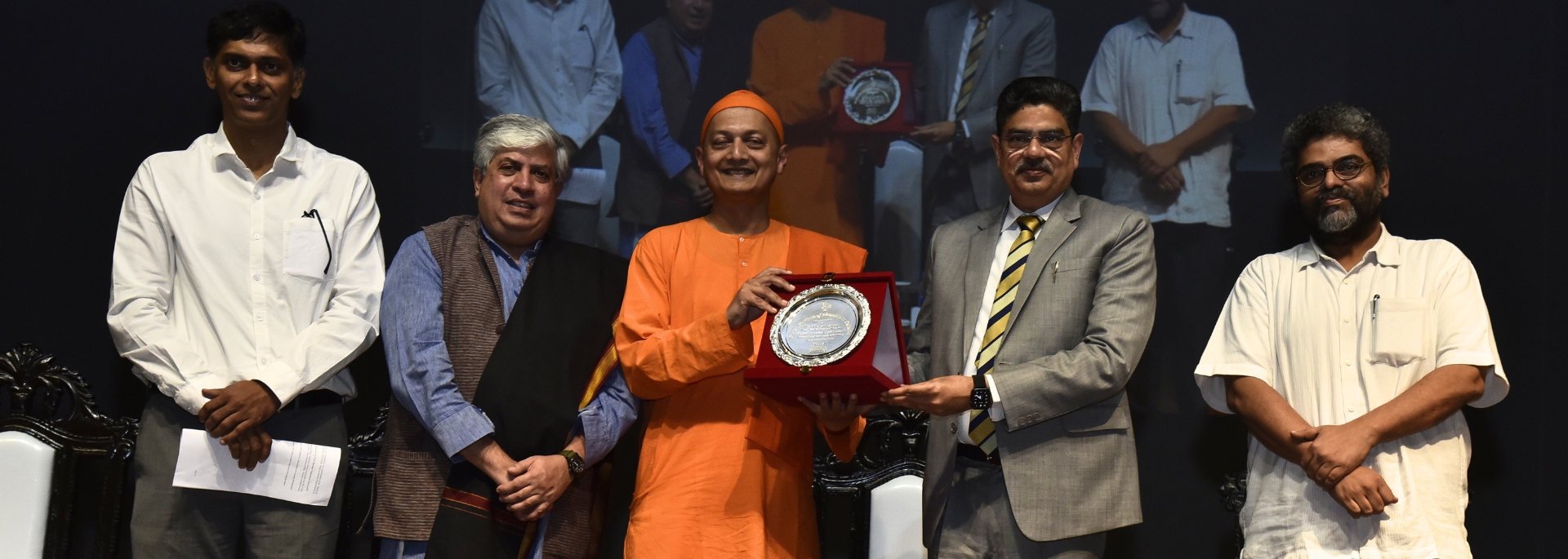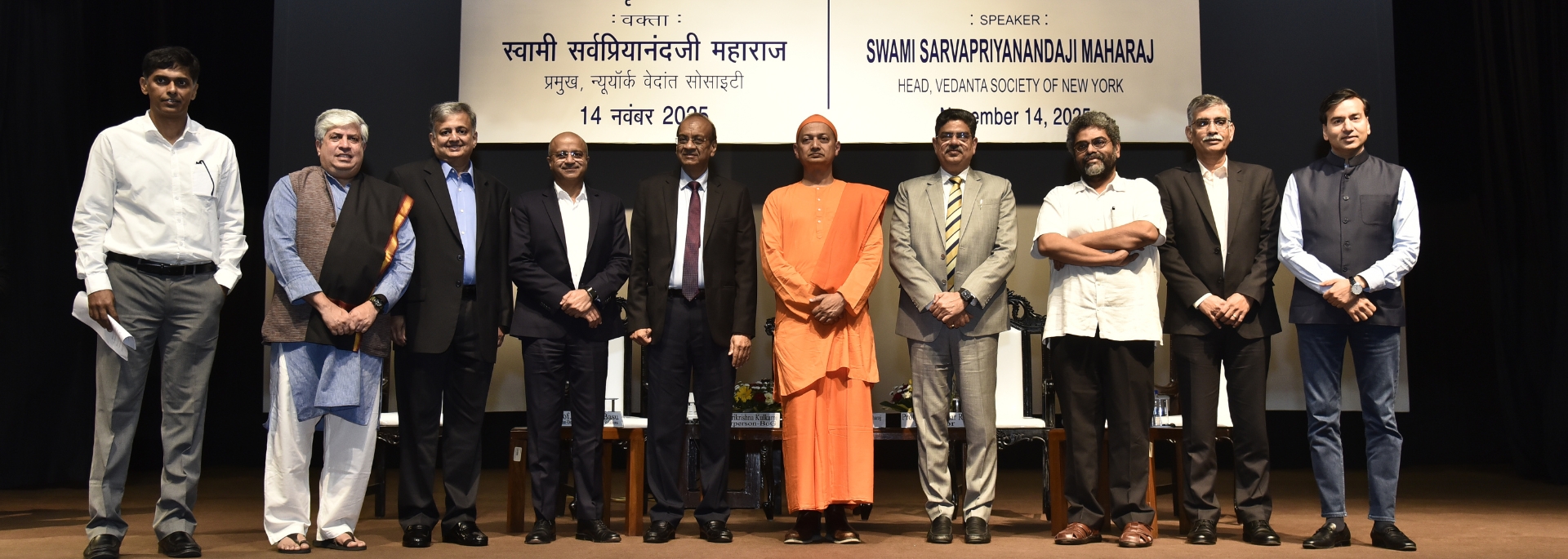Rajiv Kumar

Rajiv Kumar
Designation
Professor
Academic Group: Organizational Behavior
Contact
Phone No.: +91-33-24678300-06 (Ext. 2054)
Email ID.: rajiv
Biography
Personal Details:
I belong to Dalsingsarai (Samastipur district), Bihar. However, since 1996, I have lived and worked in various other parts of India.
Contact Details:
rajiv@iimcal.ac.in
Academics
Academic Background:
- Fellow of Indian Institute of Management, Ahmedabad (equivalent to Ph.D.)
- Post Graduate Diploma in Forestry Management (equivalent to Masters Degree), Indian Institute of Forest Management (IIFM), Bhopal
Courses Taught:
Organizational Behavior - I; Methods & Evidences in Organizational Behavior; Human Behavior at Work; Designing Effective Organizations, Interpersonal Skills & Leadership, Construct Specification & Measurement in Organizational Behavior (PhD Level Course)
Awards:
1. Chaudhary-Padmanabhan-Pant award for the best thesis proposal at I.I.M. Ahmedabad (2005) 2. IFCI thesis proposal award at I.I.M. Ahmedabad (2005)
Past Projects:
* Talent Management & Development at Denso (India) * Organizational Culture Study of a Police Department * Foreign-Nurtured Talent in India
Experience
Work Experience:
- Assistant Professor (HR & Business Communication Area) with IMT Ghaziabad
- Team Member; Hewitt Associates (India) Pvt. Ltd.
- Program Officer, Society for the Promotion of Wastelands Development (SPWD)
Research
Journal Publications:
- Kumar, R. (2021). Impact of Societal Culture on Covid-19 Morbidity and Mortality across Countries. Journal of Cross-Cultural Psychology. https://doi.org/10.1177/00220221211025100
- Kumar, R., Sarkar, S., & Dhiman, A. (2019). Determinants of managerial compensation: an empirical exploration. IIMB Management Review (Forthcoming). https://doi.org/10.1016/j.iimb.2019.03.008
- Kumar, R, & Chhokar, J. (2018). Self-initiated expatriates in the local organizations of developing countries. Management Decision (Forthcoming). https://doi.org/10.1108/MD-04-2017-0432
- Gupta, M. A., Kumar, R., & Upadhyayula, R. (2012). Success of a merger or acquisition: a consideration of influencing factors. International Journal of Management Practice, 5 (3): 270-286.
- Kumar R., & Vakkayil, J. D. (2011). Some issues in compensation management: two case studies for teaching. Organization Management Journal, 8: 152-165
- Gupta, M. A., & Kumar R. (2010). Look who's talking! Impact of communication relationship satisfaction on justice perceptions. Vikalpa, 35 (3): 55-65
Conferences:
- Kumar, R. 2017. Self & Autoethnography in Organizational Behavior Research. Paper presented at the Sydney International Business Research Conference 2017, Australia
- Kumar, R. 2016. Organizational Citizenship Behaviors at Lower Echelons: A Qualitative Study. Paper presented at the Sixth Asian Conference on Psychology & the Behavioral Sciences 2016, Japan.
- Kumar, R. 2016. Meanings of Organizational Citizenship Behavior: Insights from Mixed-Methods Research. Paper presented at the International Conference on Business, Economics, and Social Science & Humanities 2016, Singapore.
- Kumar R. 2013. Nature of employees’ tacit knowledge: a qualitative inquiry. Paper presented at the Asian Conference on Psychology and Behavioral Sciences, Japan.
- Kumar R. & Chhokar, J. S. 2009. Foreign Nurtured Talent in Indian Business Houses. Paper presented at the 10th International Human Resource Management Conference, USA.
- Upadhyayula, R. S. & Kumar, R. 2004. Social capital as an antecedent of absorptive capacity of firms. Paper presented at the Danish Research Unit for Industrial Dynamics Summer Conference, Denmark.
- Kumar, R. 2006. Specification and typology of social capital. Paper presented at the Ph.D. Students’ conference of Institute of Management, Nirma University, Ahmedabad.
Research Interests:
- I am currently working on the role of parasite stress in the evolutional of societal culture. I am also interested in the conservation of resources theory (in another research work).
Books/Book Chapters:
- Kumar, R. 2017. Knowledge of organizational behavior and consultancy projects. In J. Murphy & N. Jammulamadaka (Eds.), Governance, Resistance and the Post-Colonial State Management and State Building (pp. 68-82). Routledge, Oxon
- Kumar, R., & Jha, V. 2017. Traits of leaders and active listening: a theory. In B. Christiansen & H. C. Chandan (Eds.), Handbook of Research on Organizational Culture and Diversity in the Modern Workforce. (pp. 364-381). IGI Global, Pennsylvania.
- Kumar R., & Chhokar, J. S. 2012. Cross-cultural leadership. In M. Rumsey (Ed.), The Oxford Handbook of Leadership. Oxford University Press, NY.
- Kumar, R., Goel, A., & Jha, V. 2011. Medium matters: experiences of teaching online in india. In C. Wankel & J. S. Law (Eds.), Streaming Media Delivery in Higher Education: Methods and Outcomes (pp. 387-403). IGI Global, Pennsylvania.
- Kumar, R., Goel, A., & Jha, V. 2011. Online Business Education in India: A Case Study. In C. Wankel & J. S. Law (Eds.), Streaming Media Delivery in Higher Education: Methods and Outcomes (pp. 404-420). IGI Global, Pennsylvania.
- Vakkayil, J.D.V. & Kumar, R. 2011. Conflict Management and Negotiation. In P. S. Budhwar & A. Varma (Eds.), Doing Business in India (pp. 183-198). Routledge, UK
- Kumar, R. 2005. Role of efficacy in organization development. In Harismita Trivedi (Ed.), Achieving Competitive Advantage through People. Institute of Management, Nirma University, Ahmedabad.
- Kumar, R. 2001. Natural resources-based rural development: Some criteria and indicators of sustainability. In Anil K. Gupta (Ed.) Criteria and Indicators of Sustainability in Rural Development: A Natural Resource Perspective (pp. 351-362). Oxford & IBH Publishers, New Delhi
Articles/Cases:
- Kumar, R. & Jha, V. 2018. Not an isolated approach. Indian Management. December 2018. 44-47
- Kumar, R. 2007. Measuring organizational culture and change. NHRD Journal. November 2007: 70-73.
- Kumar, R. 2001. Village information centre and bio-village. Wastelands News. xvi, 3: 53-55
- Kumar, R. & Gupta, R. K. 2000. Innovation through participation: A case study. LEISA India, July: 29-30.


